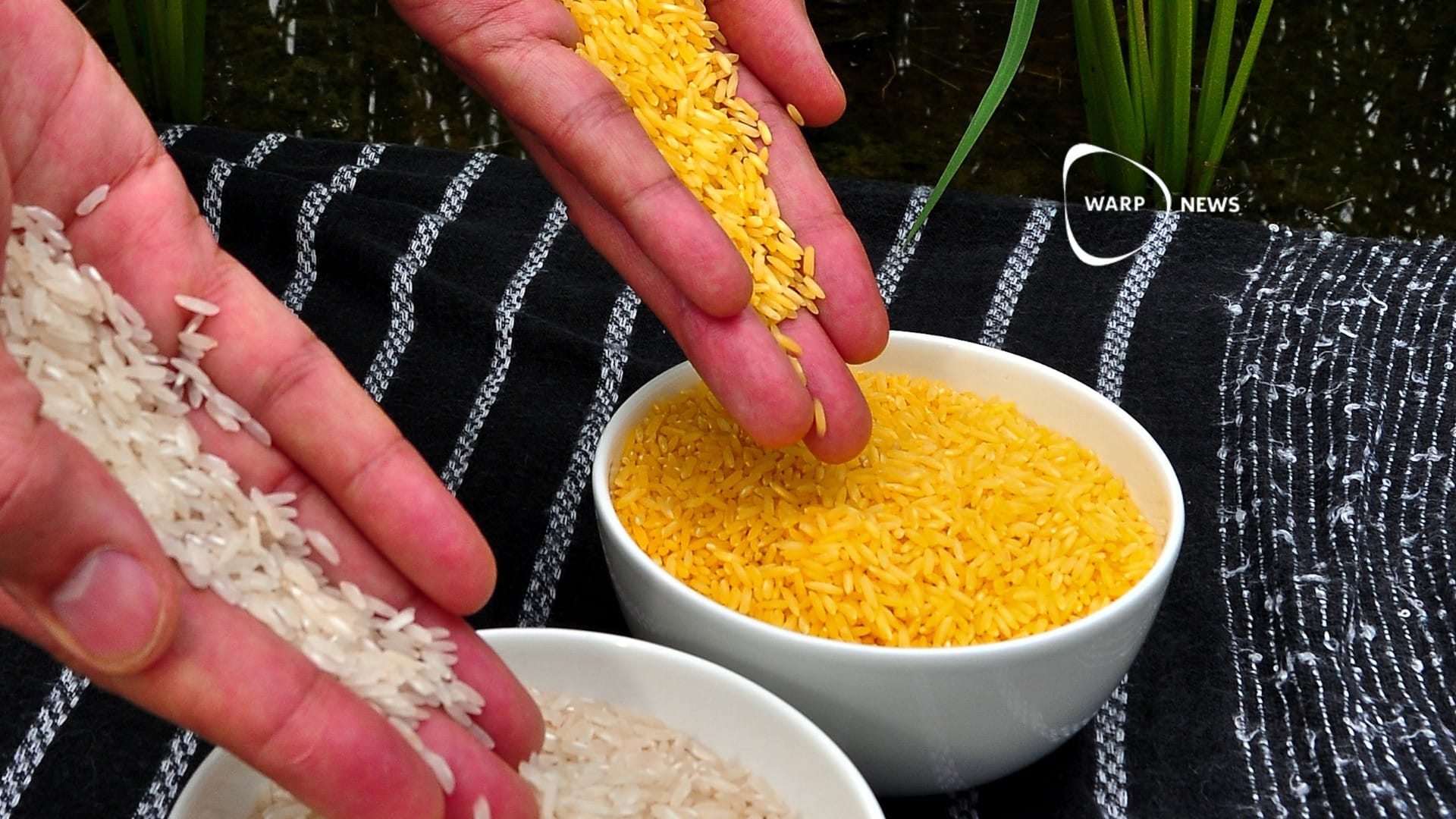Gene editing
🐦 Scientists closer to recreating extinct dodo
Genetic researcher Beth Shapiro leads the work to recreate the dodo, a bird that went extinct over 300 years ago. The technology being developed can be used to save currently endangered species, like the pink pigeon in Mauritius.
🧬 New gene editing technique may have cured one-year-old's deadly disease
A child with a deadly metabolic disease has been successfully treated with a new type of gene editing called ARCUS. The treatment allowed the child to stop their special diet after three months.
🧬 Newly discovered system allows researchers to edit DNA using RNA
Researchers at Arc Institute have discovered a completely new molecular system for editing DNA using RNA. The system enables programmable DNA changes such as inserting, removing or inverting DNA sequences.
🧏 She was deaf at birth, 18-month-old Opal Sandy had her hearing restored after a world-unique gene therapy.
The treatment involved a 16-minute operation where she received a functional copy of a gene that is crucial for hearing. The gene has made her hearing almost completely restored. Opal Sandy can now hear sounds as soft as a whisper.
🍅 New CRISPR tomatoes require less water, but yield remains the same
Scientists have used CRISPR technology to create tomatoes that use water more efficiently. These tomatoes require less water to grow but still produce the same amount of tomatoes, with the same taste and quality.
🐖 Genetically modified pig kidney transplanted into human for the first time
For the first time, surgeons have transplanted a kidney from a genetically modified pig into a living person. This type of kidney could help reduce the shortage of organs.
🥛 Genetically modified cows can produce milk containing insulin
Genetically modified cows have produced milk containing human insulin. The method can be scaled up to ensure availability and lower the cost of insulin for diabetics.
🌾 28 years of GMO food without any harm
Since the first genetically modified crops were approved in 1995, no GMO products have been shown to be harmful to humans. GMOs have improved yields, reduced losses from insect attacks, and contributed to nutritional enhancements.
🥔 Genetically modified potatoes increase yields and eliminate the need for pesticides
Scientists have tested genetically modified potatoes that show promising results in combating late blight, a disease that causes significant crop losses. In field trials, the GMO potato variety Vic.172 showed total resistance to late blight, potentially reducing the need for pesticides.








